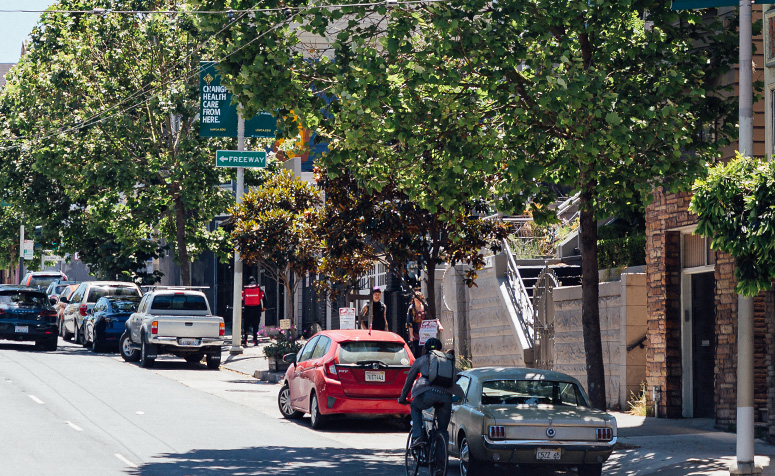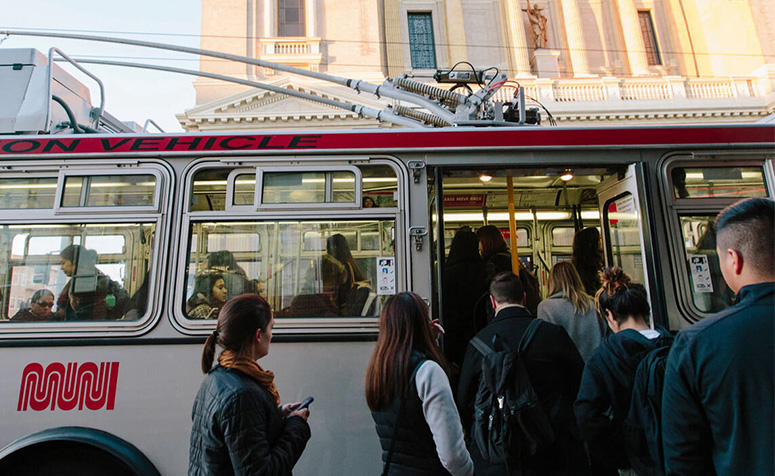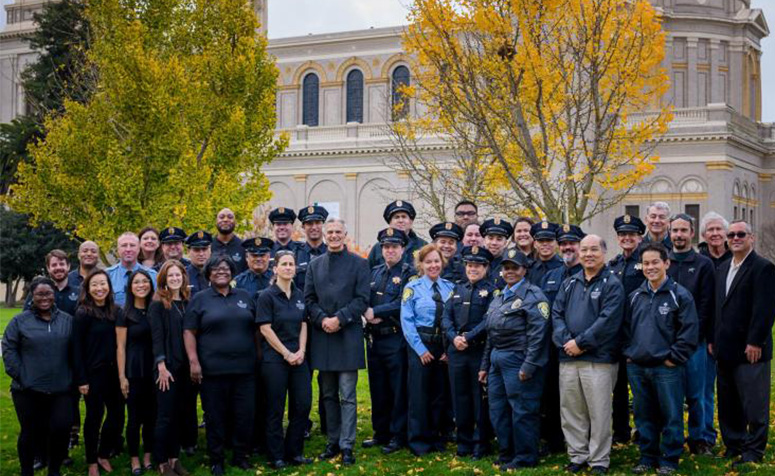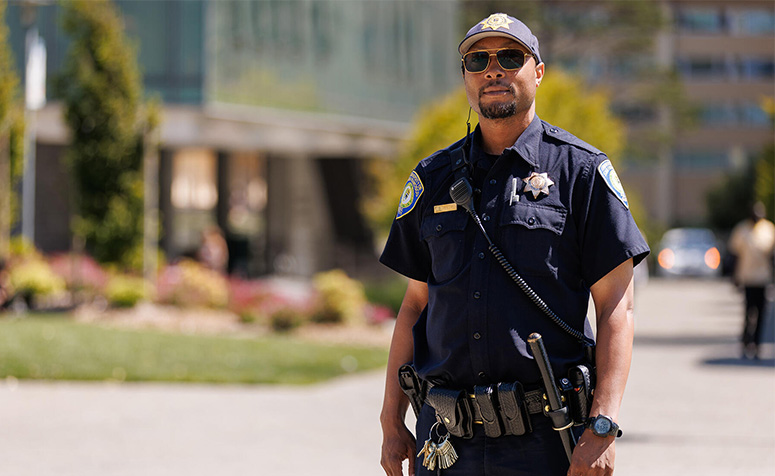Office Hours:
Monday - Friday
10 a.m. - 3 p.m.
Dispatch Services:
24 hours, 7 days a week
Office Hours:
Monday - Friday
10 a.m. - 3 p.m.
Dispatch Services:
24 hours, 7 days a week
The Department of Public Safety strives to be a transparent, ethical, trustworthy and accountable department that provides service with respect, care and neutrality that exceeds the community's expectations.
While focused on the delivery of exceptional service, the 24-hour communications center dispatchers, uniformed public safety officers and administrative staff are also committed to ensuring the safety and security of the community keeping in mind and sensitive to the cultural impacts policing has had on the communities of color.

Patrol & Dispatch Services operates 24/7, responding to all reports of crimes and hazards on and around campus.

Learn about USF's emergency operations plan and what you can do now to prepare for unexpected emergencies.

Stay informed about risks and hazards on and around campus and how you can avoid them and maintain your safety.

Faculty and staff living outside of a half-mile radius from campus may obtain a parking permit from the Department of Public Safety.

Your USF Muni Pass gives you unlimited rides on Muni buses, streetcars, and the Muni Metro — making it easy to get around San Francisco.

USF offers the ADA Shuttle, the Night Safety Shuttle, and the Safety Escort Service.

The Annual Security and Fire Safety Report provides information on safety and security at each of USF's campuses. Learn about crime prevention and protection programs, policies and procedures for reporting crime, and more.

PPCAB is a new collaboration between the Department of Public Safety and campus community members to develop and implement fair, equitable, and effective police practices.
Hours:
Administrative Office: Mon - Fri, 10:00 AM - 3:00 PM
Dispatch Services: 24 hours, 7 days a week
Administrative Office: (415) 422-4222
Patrol and Dispatch Services (Non-Emergency): (415) 422-4201
Patrol and Dispatch Services (Emergency): (415) 422-2911
Administrative Office: parking@usfca.edu
Patrol and Dispatch Services: dispatcher@usfca.edu